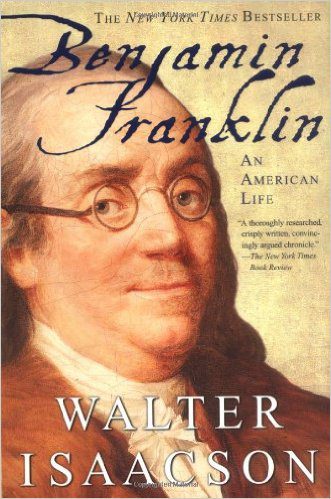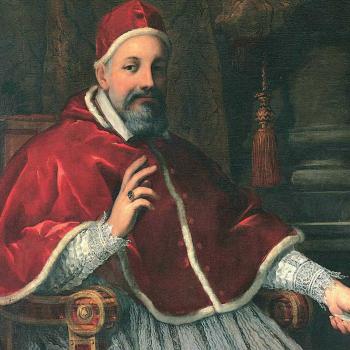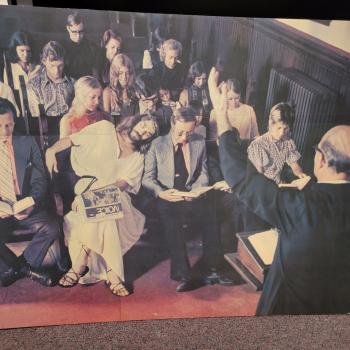There are, at most only a handful of detailed biographies of the Founding Fathers that can said to be world class. Walter Isaacson’s Benjamin Franklin, An American Life (2004, 586 pages) is one of them. Meticulously researched, fair to a fault, and beautifully written, this is the way biographies should read. What one learns is that Ben Franklin is the person who did more than anyone else to help give birth to our country. He was the elder statesman with his hand on the Declaration of Independence (editing Jefferson’s draft), he was the one who made essential compromise proposals that helped us have a balanced Constitution, he’s the one who secured the aide of France when the colonies needed all the help they could get, and I haven’t even mention his starting our postal service, and the Philadelphia Philosophical Society. He was the man who printed most of our money, charted the currents of the Gulf Stream, showed the effect of oil on water, invented the safe Franklin indoor stove, and of course tamed lightning, so to speak. He was polymath, to say the least.
What he was not was a ‘born again’ Christian, he had serious doubts about Christ’s divinity, though he did believe in an overseeing Providence, and the older he got, the more he believed God was benevolent. In fact he was a man famous for sexual dalliance with a host of women who were not his wife, though it’s hard to know whether this was just overdone flirtation or involved actual sexual consummation. As Franklin himself admitted, lust was the chief vice he had trouble conquering even as an older man. But what Franklin had absorbed from growing up in Puritan Boston, was the Puritan work ethic, Puritan frugality, pragmatism, a belief that the ‘middling class’ was the key to a growing and prospering America coupled with an Enlightenment attitude about freedom, democracy, tolerance of a variety of religious views, and an insatiable curiosity to understand how the world and nature works.
And if one needs proof that this nation was not founded on orthodoxy Christianity, one only needs to read the biographies of the real movers and shapers, and midwives who got this country born— Jefferson, Adams, and Franklin. A Judeo-Christian ethic, with a strong dose of Puritan work ethic— yes. Apostle’s or Nicene Creed Christianity— no. Franklin almost never went to church. Jefferson edited out the miraculous from the Gospels. Adams and Jefferson exchanged letters disclaiming ‘supernatural’ interference in human affairs, and so on. They were Deists with Christian flavoring. They owed more to Locke than Luke, more to Adam Smith and Hume, than the last Adam and his disciples.
I commend this biography to all who wish to actually understand how, and on what our country was founded. In our next post we will deal with perhaps Franklin’s most endearing and enduring writing— Poor Richard’s Almanac.

















